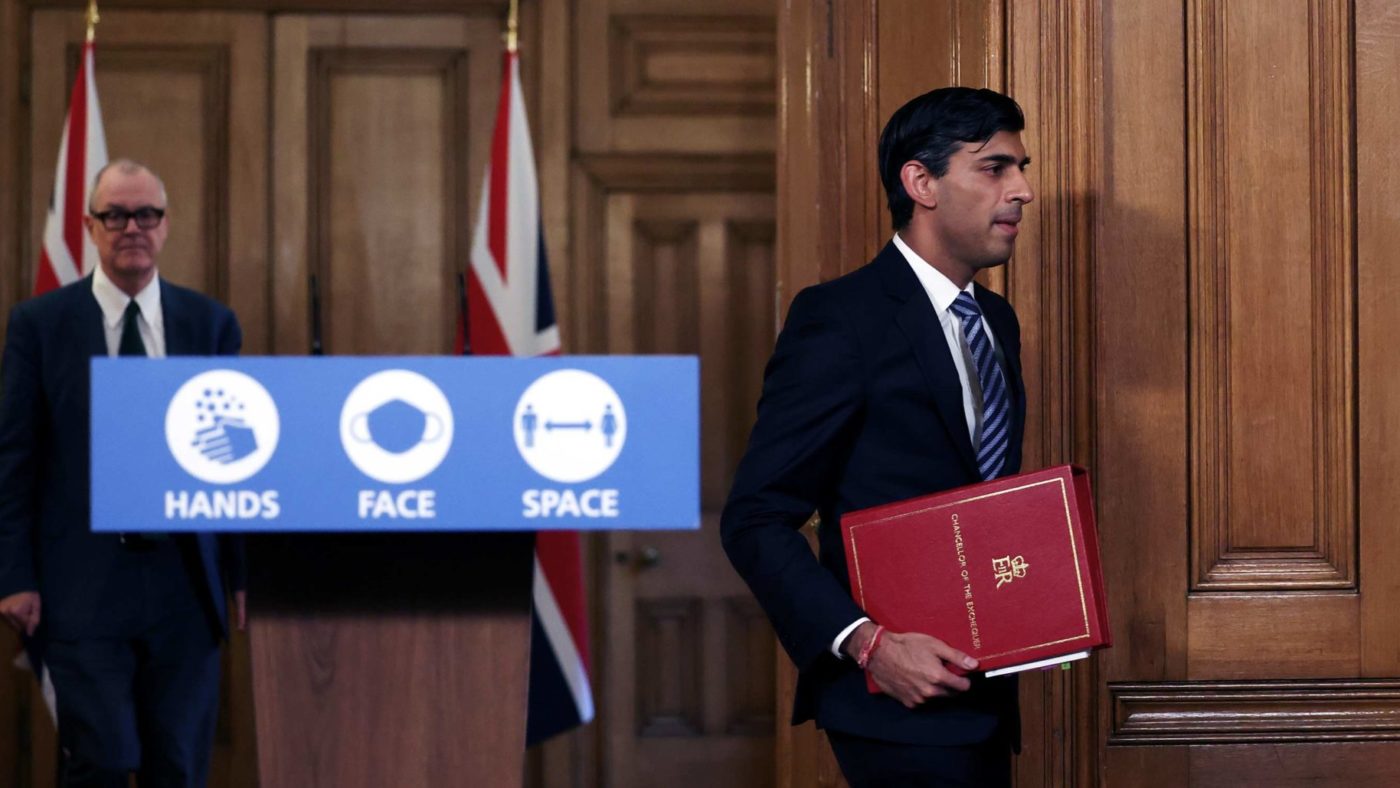It’s not a matter of if, but when. With vaccines hurtling down the track, we can at last start to think about winning the post-Covid peace.
For Rishi Sunak, that means a shift from nursing the economy through crisis, towards balancing the books. It’s like 2010 all over again, except the debt pile is much bigger and the public appetite for anything resembling ‘austerity’ is close to zero.
Still, there are some relatively simple first steps the Government can take. For instance, a report this week from our parent organisation, the Centre for Policy Studies, sets out the sizeable savings on offer through restraining public sector pay – something the Chancellor is reportedly going to set in train at this week’s Spending Review.
How he does so will be intriguing. As the CPS report sets out, there need not be a ‘freeze’ to save money. Though keeping pay flat would save £23bn over the next three years, restricting increases to 1% would still save almost £12bn over the same period. The CPS has also modelled scenarios that exempt NHS workers, in recognition of their heroic efforts this year – and the fact that many have risked their lives to help conquer the virus (Sunak is apparently amenable to this too).
With utter predictability, the mere mention of pay restraint has the public sector unions howling in protest, demanding not just protection but a pay rise for their members. ‘Working people must not bear the burden of the crisis,’ says the TUC’s Frances O’Grady, while Mark Serwotka of the PCS is even talking about industrial action, as if what the country needs is a little bit of extra economic strife.
To see how flimsy their case is, try running the argument in reverse. Is it really fair that, after a cataclysmic year for the private sector, public sector pay rates should simply be divorced from the real economy? Should a Government that has added nigh on £400bn of debt in the space of 12 months just ignore the £190bn or so it spends a year paying its own staff?
Note too that 900,000 public sector workers got an above-inflation pay rise earlier this year, so it’s hardly as though they are being fed to the wolves by this government, especially given that public sector workers as a group already have greater job security, a pay premium and more generous pensions than their private sector counterparts.
However sensible they are, those arguments will not be an easy sell. So how should Sunak make the case for restraint?
Given that unemployment is rising and projected to reach as high as 7.5%, almost double its pre-pandemic level, the emphasis must surely be on protecting jobs. I suspect the public will be far more receptive to an argument couched in terms of keeping people in work than coalition-style slogans about the debt and deficit.
Sunak must also be clear that this isn’t about ‘divide and rule’ or suggesting one group of workers is less worthy than another, but sharing the burden of fiscal consolidation out as equitably as possible. It’s about saying, as one of his predecessors as Chancellor put it, that we’re all in this together.
Click here to subscribe to our daily briefing – the best pieces from CapX and across the web.
CapX depends on the generosity of its readers. If you value what we do, please consider making a donation.


